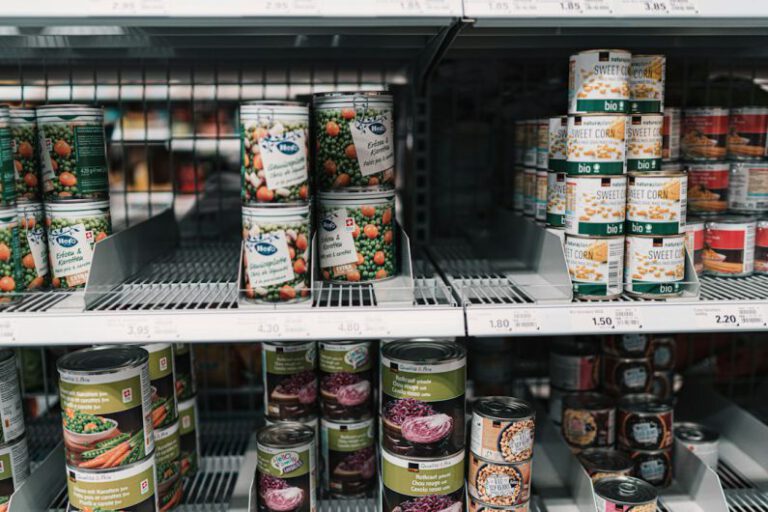How to Keep Your Pantry Pest-free
Having a well-stocked pantry is a dream for many, but it can quickly turn into a nightmare if pests invade. There is nothing more frustrating than finding insects or rodents crawling around your carefully organized shelves. Not only do these pests contaminate your food, but they also pose a health risk. Fortunately, there are simple and effective ways to keep your pantry pest-free. By following these tips, you can protect your food and maintain a clean and healthy kitchen environment.
Seal All Entry Points
The first step in keeping your pantry pest-free is to seal off all possible entry points. Inspect your pantry for any cracks, crevices, or gaps that pests can use to enter. Pay close attention to areas around pipes, vents, and windows. Use caulk or weatherstripping to seal these openings, ensuring that pests have no way to infiltrate your pantry. Remember, even the smallest hole can provide an entry point for insects or mice, so be thorough in your inspection and sealing process.
Store Food Properly
Proper food storage is crucial in preventing pantry pests. Invest in airtight containers to store your dry goods, such as flour, rice, and cereal. These containers will prevent pests from accessing the food and keep them fresh for longer. Additionally, consider using glass or metal containers instead of plastic, as pests have a harder time gnawing through these materials. Label your containers with the expiration date to ensure you use the oldest products first. By storing your food properly, you eliminate potential food sources for pests and discourage them from infesting your pantry.
Regularly Clean and Declutter
Regular cleaning and decluttering of your pantry are essential in keeping pests at bay. Remove all items from your shelves and thoroughly clean them with a mixture of vinegar and water. Wipe down the walls, floors, and corners to remove any crumbs or spills that may attract pests. Inspect your food items for signs of infestation, such as chewed packaging or insect droppings. Dispose of any contaminated food immediately and clean the surrounding area thoroughly. By maintaining a clean and clutter-free pantry, you make it less appealing for pests to call it home.
Use Natural Repellents
There are several natural repellents that can help to deter pests from your pantry. One effective method is to use herbs and spices with strong scents, such as bay leaves, peppermint, or cloves. Place these natural repellents in small sachets or cheesecloth bags and scatter them throughout your pantry. The strong aroma will repel pests and keep them away from your food. Another natural deterrent is diatomaceous earth, a fine powder made from fossilized algae. Sprinkle this powder around the perimeter of your pantry to create a barrier that pests cannot cross. These natural repellents are safe to use around food and children, making them an ideal option for keeping your pantry pest-free.
Schedule Regular Inspections
Lastly, it is important to schedule regular inspections of your pantry to catch any early signs of infestation. Check your pantry shelves, containers, and corners for any signs of pests, such as droppings, gnaw marks, or eggs. If you notice any signs of infestation, take immediate action to eliminate the pests and prevent further damage. By staying vigilant and proactive, you can catch pest problems early on and minimize the risk of a full-blown infestation.
In conclusion, keeping your pantry pest-free requires a combination of preventive measures and regular maintenance. By sealing off entry points, storing food properly, cleaning regularly, using natural repellents, and scheduling inspections, you can create an environment that is unwelcoming to pests. Remember, prevention is key, so implement these strategies as soon as possible to protect your pantry and ensure the safety of your food. With a little effort and attention, you can enjoy a pest-free pantry and peace of mind in your kitchen.






